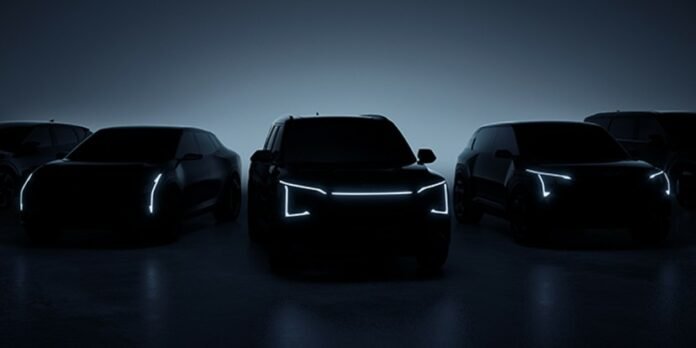In one of China’s hubs for EVs, Volkswagen engineers are examining the nation’s automotive sector for guidance on how to expedite production and defeat regional competitors in the largest car market globally.
The German carmaker has been the top producer in the gasoline-powered vehicle industry for a long time, but as China’s market shifts to electric vehicles, it is losing market share. It is currently attempting to determine how to contend with emerging Chinese automakers who can produce high-quality, reasonably priced, and highly computerised electric vehicles in a third of the time.

How are EV companies getting into the Chinese market?
Nissan Motor is also attempting to increase automobile production speed by implementing strategies that it acquired from a joint venture in China. In order to improve the development of electric and smart cars, Toyota Motor is hiring engineers from its Chinese partnerships.
The actions demonstrate a dramatic turnabout in the politically delicate and highly employed auto sector. While China used to find it difficult to match, let alone surpass, Western expertise in engines and drivetrains, Western businesses now have a lot to learn from China.
This change has ramifications for domestic automakers in China, where sales of EVs and plug-in hybrids account for around three-quarters of the market, as well as for manufacturers worldwide. Global automakers may be influenced by China’s EV production techniques, suppliers, and digital technologies.

The European Union is looking into Chinese subsidies to EV makers, while the United States has hefty tariffs to stop what might become an avalanche of sleeker, less expensive Chinese electric vehicles.
Volkswagen used to manufacture its vehicles in Europe and import them into China after making certain modifications, according to Ralf Brandstätter, the company’s chief of operations in China. Due to the extreme differences in client expectations, such a technique is no longer effective in the electrified and more digital China market.
Last week, visiting Volkswagen’s EV production, research, and procurement base in Hefei, west of Shanghai, he stated, “We need to be more agile and focused.” According to him, the corporation would continue to collaborate with Chinese partners and make more decisions locally while developing automobiles for the Chinese market domestically.
According to Brandstätter, the adjustments will support Volkswagen’s ambition to rank among China’s top three automakers by 2030. For a corporation that has led auto sales in China for decades, that is a scaled-down goal. Local company BYD is catching up to it by selling more pure electric and hybrid cars.
Global automakers are already changing direction or pulling back. Mitsubishi Motors of Japan and Stellantis, a manufacturer of Jeeps, have ceased their operations in China. Ford Motor ended its direct sales programme for electric vehicles.


